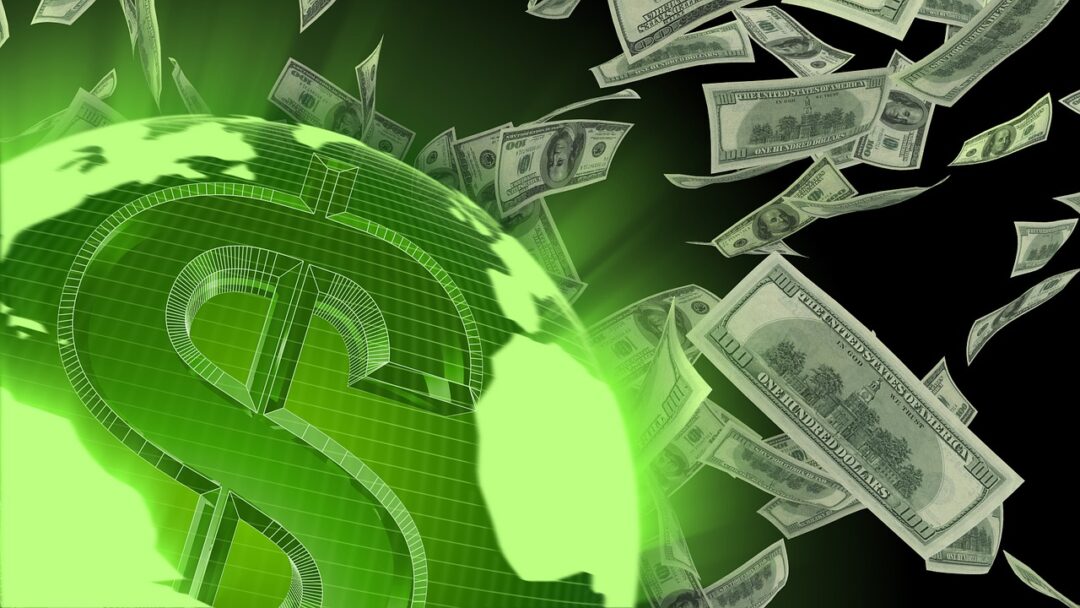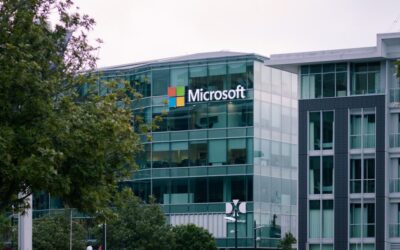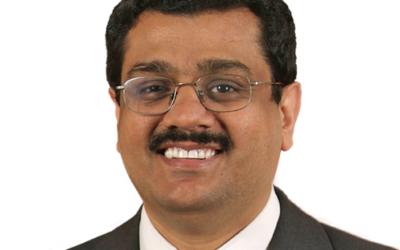The Global Billionaires Fund (‘GBF’) – which co-invests alongside 100 of the most successful business people on the planet – has seen interesting trends emerge following its annual portfolio rebalancing and the application of a new ESG risk filter in January. Of the 100 leading billionaires in the 2021 portfolio, 30 have been excluded meaning the 37 companies they are closely involved with have dropped out. They are replaced by 30 different billionaires – including Brian Chesky (Airbnb), Uigur Sahin (BioNTech) and Charles Schwab – which has resulted in 31 new companies entering The Global Billionaires Fund portfolio.
They’re billionaires for a reason and frequently behind the world’s most innovative and disruptive companies. The Global Billionaires Fund, managed by Samed Bouaynaya at Altana Wealth, gives investors the opportunity to invest alongside this group, benefitting from the ‘billionaire effect’.
The Global Billionaires Fund is a portfolio of some 115 companies that 100 of the top billionaires, as ranked by Forbes and Bloomberg, are actively involved in. They must also have at least 10% of their personal wealth invested in the company – so every business is backed by a wealth of experience. The Fund offers true diversification relative to traditional global equity portfolios. It is geography and sector agnostic, following a buy and hold, low turnover strategy aiming to achieve returns in excess of the IA Global sector over the medium to long term.
This year’s rebalancing has seen 17 billionaires in China drop out of the 100, including Hui Ka Yan of Evergrande, as the crackdown by regulators takes effect. However, six new Chinese entrants have taken their place, so on balance there are 11 fewer in the top 100. Four billionaires, including Roman Abramovich, have been excluded as they are no longer actively involved in the day-to-day running of their businesses.
On the way in, the ‘new billionaires’ bring a total of 31 corporate entrants into the GBF portfolio, including Airbnb founder Brian Chesky, Charles Schwab and Uigur Sahin of BioNTech, creator of the Pfizer vaccine.
In total, 16 billionaires dropped out as a result of the Fund’s ESG risk screening process, including Mark Zuckerberg. Meta (formerly Facebook) failed to meet the selection criteria, particularly on corporate governance, data security and privacy issues, and was therefore considered a high ESG risk.
The Global Billionaires Fund applies the ratings of two independent but complementary ESG scoring providers, Sustainalytics and Arabesque S-ray, and any stock that has a poor ESG risk rating is excluded from the portfolio. For new companies or those that aren’t covered by the two models, the Fund’s managers apply an in-house rating proxy that mirrors the Sustainalytics methodology.
Portfolio Manager, Samed Bouaynaya commented: “Businesses run by billionaires frequently enjoy more favourable tailwinds relative to other companies. Billionaires typically have access to cheaper funding and are able to attract the best talent and most compelling investment opportunities. From an ESG perspective, they also tend to be aware of the potential for personal reputational damage should they fail to meet expected standards and many have chosen to invest in the future to ensure they are ahead of the ESG field. The Global Billionaires Fund’s systematic approach provides a dynamic means of investing in change and success as new billionaires emerge and flourish while existing ones fade away – and this is the effect we are seeing from the rebalancing.”





